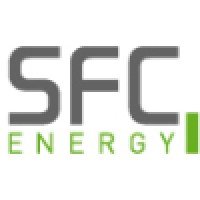Posco to expand fuel cell separator capacity due to growing demand in mobility

Posco is expanding its production capacity of bipolar plates, used in hydrogen fuel cells, to accommodate the growing demand for fuel cells in hydrogen-powered electric vehicles.
Posco Sps, the company subsidiary, will expand its production capacity of fuel-cell bipolar plates up to 10,000 tonnes/year by 2027. Its current capacity is 1,400 tonnes/year, which is equivalent to supplying 35,000 hydrogen-fuel cell-powered vehicles. The company said that this new capacity would be enough to produce around 245,000 fuel-cell electric vehicles.
The company has recently signed a few agreements to promote the hydrogen economy and support fuel cell vehicles. The Korean steelmaker has recently launched ‘e Autopos’, an integrated eco-friendly auto brand to lead the eco-friendly automotive market. The aim is to supply products and solutions including bipolar plate FCEV, steel for a battery pack, battery materials, traction motor and steel plate for body and chassis.
The separator is the key part of the hydrogen fuel cell stack, where besides as a supportive part between the cells, it functions as a channel to supply hydrogen to the anode and oxygen to the cathode.
The hydrogen fuel cell separator ‘Poss470FC’ is made of stainless steel, ideal for corrosion resistance compared to other materials. Posco has been promoting the development of its 0.1mm thick separator since 2006 and has started its production in 2018.
The membranes are currently applied to hydrogen fuel cells for hydrogen electric vehicles and drones. The company expects that there would be more demand for Poss470FC in other mobility markets such as robots and urban air mobility in the future.
